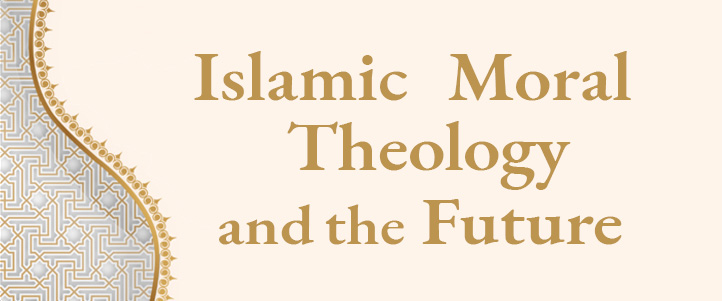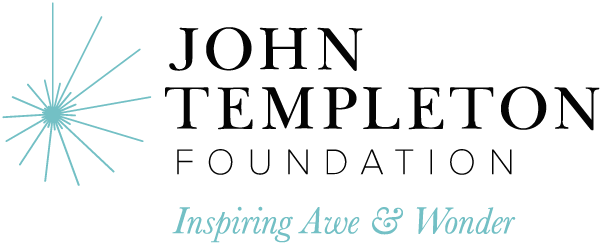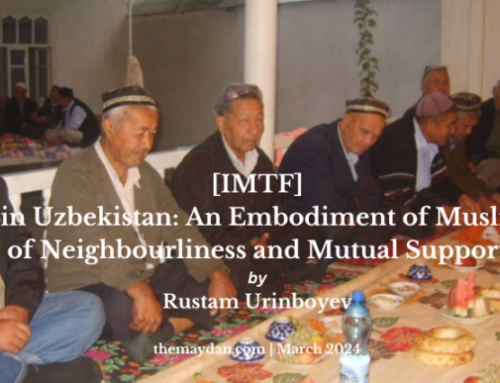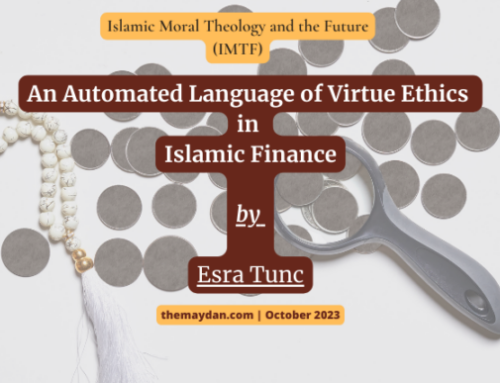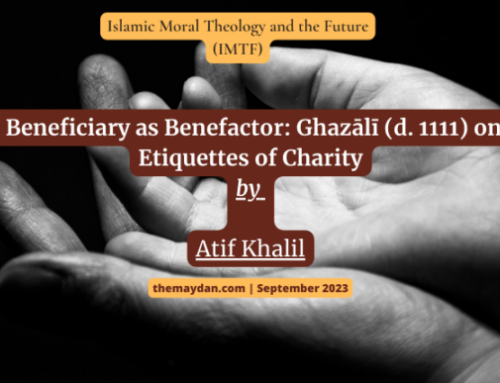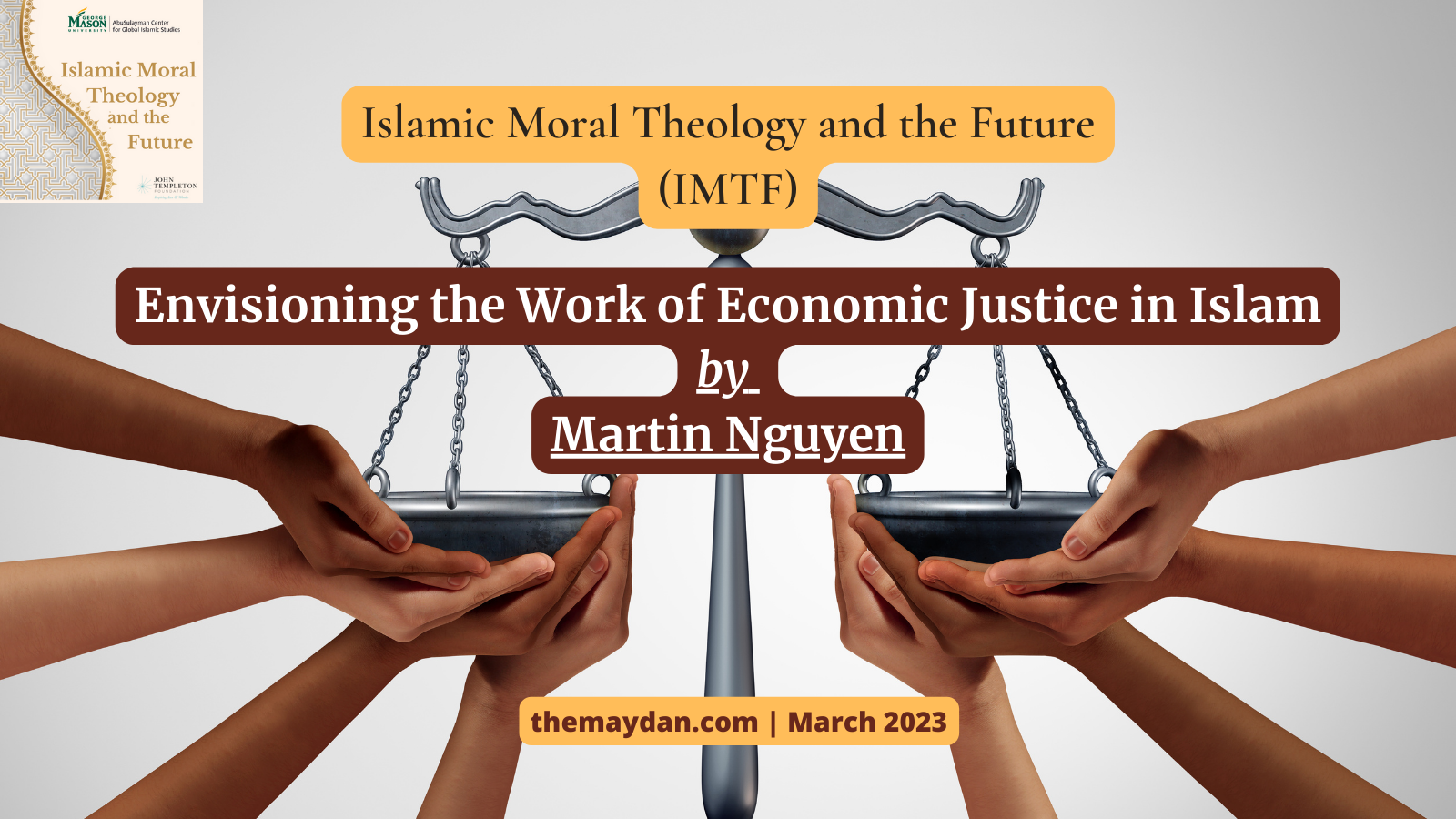
Envisioning the Work of Economic Justice in Islam
This past fall, on October 20-22, the first conference in support of the “Islamic Moral Theology and the Future” Project was held at George Mason University. With the invaluable support of the AbuSulayman Center for Global Islamic Studies, Maria Dakake and I gathered with members of our Global Advisory Board, past online contributors, scholarly voices new to the endeavor, and Muslim community organizers over the course of three days. We came together to continue our online conversations in person, plan out the upcoming year, engage with the broader community in Northern Virginia and further grow our emergent scholarly network. The public aspects of our conference were recorded and will soon be shared as part of the imminent launch of the official portal for the IMTF project.
In the meantime, the two ongoing discussions on virtue ethics and economic inequalities and the ethics of community were able to gather both independently and collectively in a series of wide-ranging but also in-depth discussions. Our exchanges revealed the different approaches, interests, and investments each of us brings to bear on the IMTF project. Though commonly committed to the Islamic ethical tradition (broadly construed), our goal was not to produce a unified theory or a single set of solutions. Rather, the purpose of bringing together these scholars and community organizers from across the Muslim world was to inspire and encourage each of the participants to think more deeply and expansively on how they can carry forward the work of Islamic moral theology in their respective domains. We intended these conversations to move each of us to write more precisely when articulating our visions of Islamic ethical engagement, while also being mindful of the diversity of experiences and contexts around us. Moreover, being in dialogue with one another helped us realize that we are all working to address these pressing matters of inequality and community fragmentation in concert, even as we took stock of the demands and particularities of our respective locales and circumstances.
“Though commonly committed to the Islamic ethical tradition (broadly construed), our goal was not to produce a unified theory or a single set of solutions.“
The tenor of the conference was aimed at raising important questions for us to consider: to which communities are we speaking? How are we trying to reach them? What sort of work are we each committed to pursuing and how does ethics animate that work? And, of course, with whom are we partnering and collaborating? From where else can we draw support, inspiration, and momentum?
“With respect to Islamic ethics and economic inequalities – the area of inquiry I am facilitating – we have spent the past year looking at an array of Islamic approaches and issues related to poverty ranging from the metaphysical to the practical.”
With respect to Islamic ethics and economic inequalities – the area of inquiry I am facilitating – we have spent the past year looking at an array of Islamic approaches and issues related to poverty ranging from the metaphysical to the practical. For instance, the categories of poverty, wealth, and economics itself have been scrutinized and explored. Aspects of Islamic finance, Shariah Compliance, and the people and institutions behind them continue to be carefully examined. More recently, our attention has been increasingly turned to the spiritual dimensions of charity and organizational forms of philanthropic undertakings. In fact, at our October conference we heard from Muslim community organizations like Believers Bail Out, F.A.I.T.H., and Worry Free Community in order to better understand how Muslims in North America are navigating the inequalities of their respective local realities. Each representative offered us a closer look at the possibilities of what can and is happening on the ground, while also disclosing insights born from Islamic ethics put into practice.
As the next round of contributors prepare their pieces on ethics and economic inequalities, I would like to offer the following suggestions and provocations born from these recent conversations. We have focused largely on individual considerations thus far, especially given our attention to the self. What is increasingly apparent in our exchanges, however, is that there are larger communal dimensions to consider as well. What institutional resources or models can we turn to help us sharpen our ethical thinking on these matters? What communal principles, religious concepts, or institutions – like the awqāf or “religious endowments” (sing. waqf) – can we explore in the months ahead? What does Islamic philanthropy look like across the Muslim world today and what sort of moral theologies are shaping these undertakings? What is distinctive or unique about how Muslims engage with their religious conceptions of charity or philanthropy?
“What role might Islamic moral theology play in surfacing these issues and then how might it challenge and transform the situation? In this regard, I would invite contributors to imagine how the ethical traditions of Islam might be helpful in “denaturalizing the unnatural.”
While the current realities of economic inequalities have occupied much of our thinking thus far, it is also important to for us to think critically about how these disparities have come to be. These disparities are structural in nature. There are questions of complicity that need to be interrogated. What role might Islamic moral theology play in surfacing these issues and then how might it challenge and transform the situation? In this regard, I would invite contributors to imagine how the ethical traditions of Islam might be helpful in “denaturalizing the unnatural.” What I mean by this is that all too often we take for granted the “natural” state of how things are. Yet I would push back that the exploitative forms of capitalism currently at work rest upon a liberal order that should not remained unquestioned. How might Islam be understood as a moral force to trouble these waters?
“Rather than be compelled or constrained to think through these issues of economic inequality individually, reactively, or ahistorically (namely through the exploitative system’s own secular liberal paradigm), what resources are available to us from the capacious Islamic tradition to rethink and remake the current order?”
Rather than be compelled or constrained to think through these issues of economic inequality individually, reactively, or ahistorically (namely through the exploitative system’s own secular liberal paradigm), what resources are available to us from the capacious Islamic tradition to rethink and remake the current order? What, then, do Islamic forms of ethical discernment and praxis have to say to the constitutive components of today’s exploitative structures – to racial capital, colonial exploitation, and humankind’s subjugating relationship with the environment? How might these economic equalities be diagnosed, challenged, and even undone? What does Islam reveal for our own communities of faith and what does it offer to other ethically committed communities in the face of such socially entrenched economic injustices?
This brings me to my final prompt. Islam offers a vision of justice for the social realities of this world – a vision that the Muslim community has interpreted and understood in many ways over the centuries. Given the state of our contemporary world and the disparities that pervade it, might we turn to articulating and envisioning what economic justice looks like? What does God and revelation say about how our social world ought to be? What are Muslims envisioning when they imagine and aspire to enact the common good?
Martin Nguyen is Professor of Islamic Studies and Chair of the Religious Studies Department at Fairfield University. His work revolves around Islamic theology and ethics, the Qur’an and its interpretation, Sufism, and the intersection of race and religion. His latest book Modern Muslim Theology: Engaging God and the World with Faith and Imagination (Rowman & Littlefield, 2018) presents a contemporary theology rooted in the practice of the religious imagination. He is also the author of Sufi Master and Qur’an Scholar: Abū’l-Qāsim al-Qushayrī and the Laṭāʾif al-ishārāt (Oxford, 2012), which explores the confluence of Sufism, theology, and Qur’anic hermeneutics in the life and works of an eleventh-century mystic and scholar. More on his research and publications can be found at drmartinnguyen.com.

